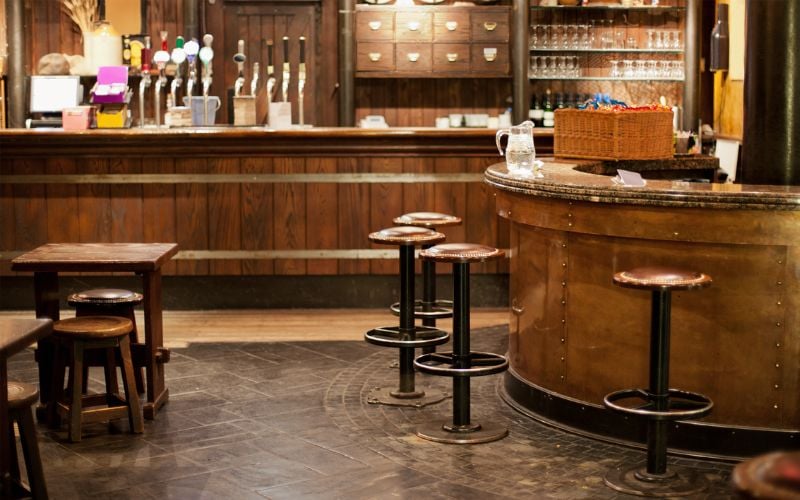The Irish government on Tuesday approved wide-ranging measures to allow the Garda (police) carry out covert surveillance, including bugging, in order to fight gangland crime.
Justice Minister Dermot Ahern revealed the measures which are part of a campaign to step up the pressure on gangs, following national outrage over the murder of innocent rugby hero Shane Geoghegan who was shot dead just yards from his new home in the Dooradoyle area of Limerick on Sunday, November 9.
Ahern said the new measures would "buttress the work of the Gardai in preventing and detecting serious crime in all its manifestations and in safeguarding the security of the state against subversive and terrorist threats".
He explained, "Up to now it has not been the practice to use evidence obtained by such methods for legal and operational reasons."
He said the draft law did not give police any new powers, because they had used bugging equipment in the past. But there would no longer be any doubt about their right to enter onto private property to place such bugs in their efforts to gain hard evidence of criminality.
"This is a vital piece of law to fight gangland crime. The state will be able to use collateral material obtained by means of covert surveillance as evidence to support or strengthen the case for the prosecution at a criminal trial," Ahern said.
A clear legal framework would be put in place to remove any prospect that evidence gained covertly could be excluded at trial.
Due regard would be paid to Article 8 of the Convention on Human Rights which permits surveillance but only if it is proportionate, in accordance with law, and necessary in the interests of national security, public safety, or the prevention of crime or disorder.




Comments